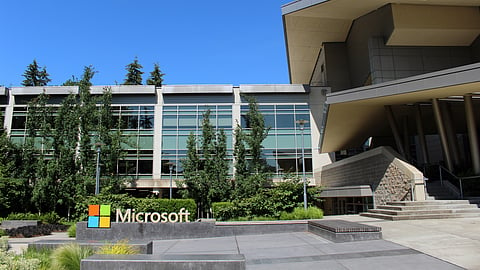

Donald Trump has introduced a $100,000 fee for H-1B visa applications, a steep 60-fold increase aimed at prioritizing American hires in skilled sectors.
This policy, signed into effect on Friday, targets the program that facilitates the entry of foreign specialists in fields like technology and engineering.
Economists argue that the hike could undermine U.S. competitiveness by deterring international talent essential for high-growth industries.
The new fee delivers a significant setback to major technology firms, which depend on H-1B visas to secure engineers, scientists, and developers from abroad, especially India.
Companies such as Amazon, Microsoft, Meta, and Google lead in visa sponsorships, with Amazon securing over 10,000 approvals in the first half of 2025 alone.
While these giants may absorb the costs, smaller sectors like healthcare and education could encounter severe recruitment challenges.
Market reactions were muted, with U.S. tech shares showing minimal movement on Monday, though analysts predict rising labor expenses and margin pressures from a tighter talent pool.
Experts highlight risks to productivity and growth, with Berenberg economist Atakan Bakiskan describing the policy as "anti-growth policymaking."
He cautioned that restrictive measures could exacerbate brain drain and hinder advancements in artificial intelligence.
Berenberg has revised its U.S. growth projection downward to 1.5% for the year.
In India, the largest recipient of these visas at 71% last year, the response has been sharp, with stocks of firms like Infosys and Tata Consulting Services dropping around 3%.
Industry groups anticipate pushback, emphasizing threats to innovation from curbed global talent flows.